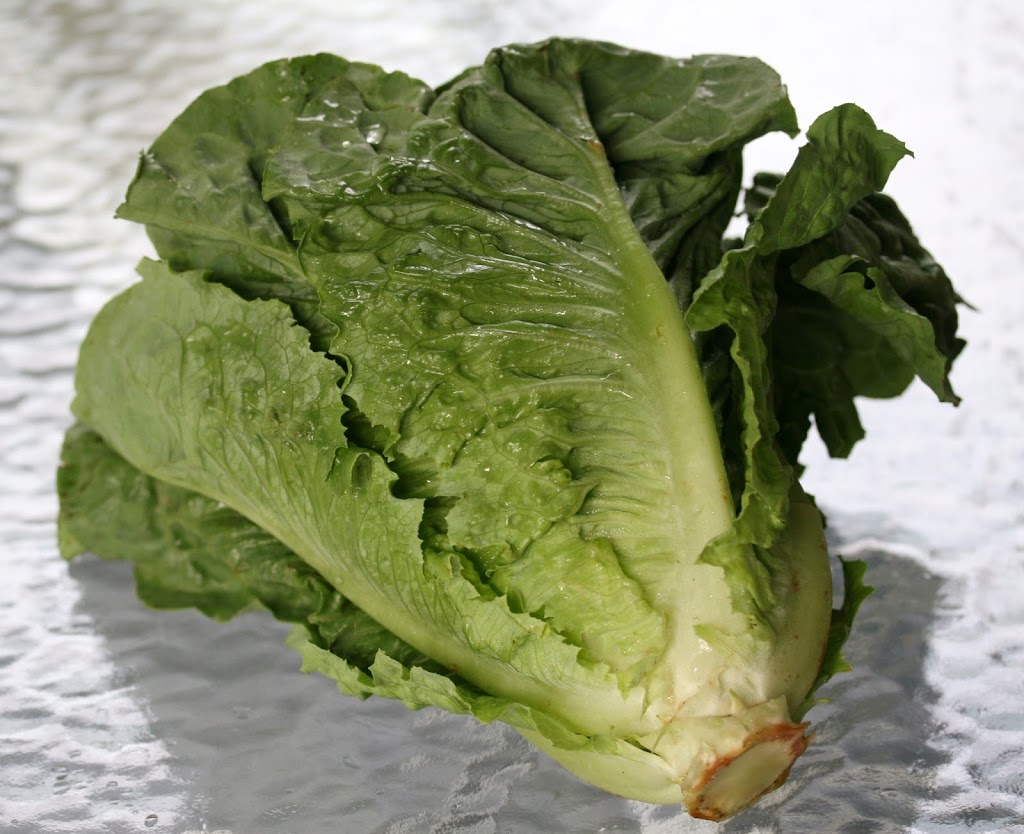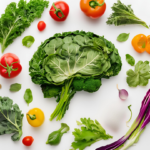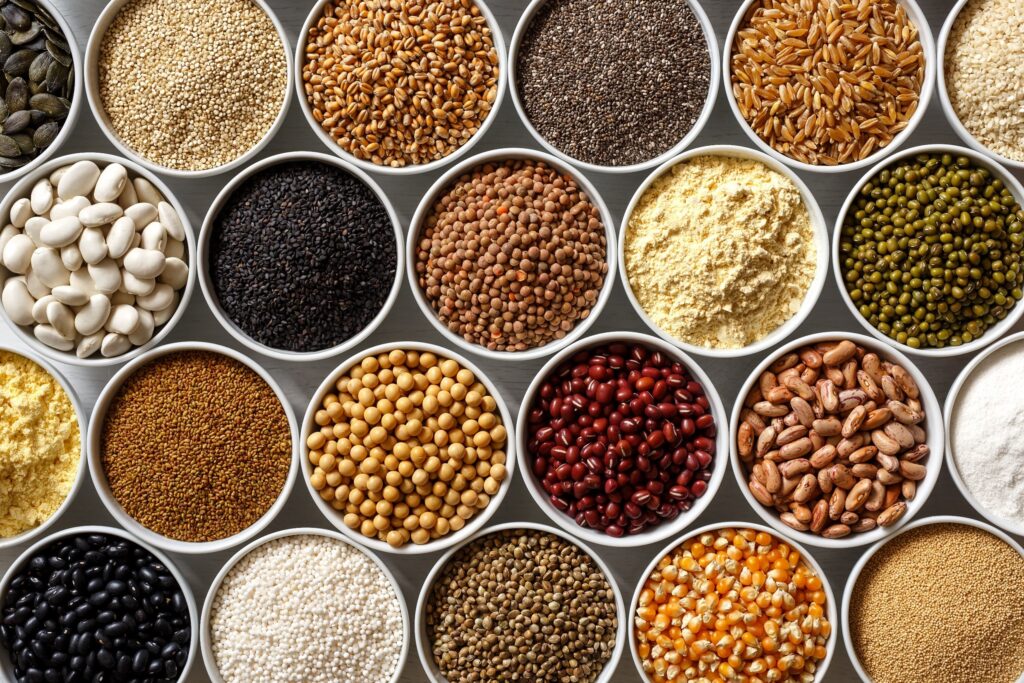So I was listening to NPR on the way home from the grocery store yesterday (okay, yeah, I listen to NPR), when an interview came on that got my attention. Specifically, Dave Davies of Fresh Air was talking with Jo Robinson, a health writer who recently published a book called Eating on the Wild Side.
Well, I’d never heard of the book, but they started talking vegetables right out of the gate, so immediately I was intrigued. From what I could gather, the book’s premise is that the wild fruits and vegetables that we ate in prehistoric times were far healthier than those we buy in the grocery store today.
Having just dropped a chunk of change at Whole Foods, that also got my attention.
Healthy Weeds
Early on in the interview, Robinson stated that dandelion greens, the things that my parents had me painstakingly rip out of the lawn by hand as a kid (not that I’m bitter…), have, and I quote,
“…twice as much calcium, and three times as much vitamin A, five times more vitamins K and E, and eight times more antioxidants [than spinach].”
My weeds are healthier than spinach? Why did I not know this?
But wait, there’s more..
Rip it up, quadruple up
Later in the interview, she also shared the following tidbit:
“If you take your lettuce right from the store and rinse it and dry it and then, if you rip it into bite-sized pieces before you store it, you’re going to increase the antioxidant activity … fourfold. The next time you eat it, it’s going to have four times as many antioxidants.”
So by doing what I should be doing anyway—washing and prepping my lettuce in advance—I’m actually quadrupling the antioxidants in my greens. Win!
By what voodoo magic does this happen? Apparently the lettuce, which is still alive (a bit macabre, no?), thinks that it’s under attack when you tear it up. Which, I suppose, it is. As a result, the beleaguered leaves churn out antioxidant compounds designed to protect the plant—compounds that, perversely enough, our bodies love.
Needless to say, I’ll be tearing up my lettuce in advance from now on.
I’ll also be reading Eating on the Wild Side and reporting back soon!
Click here for a written recap and to listen to the full NPR interview.




 I'm Lee, an RD thriving on a healthy plant based diet.
I'm Lee, an RD thriving on a healthy plant based diet.
Hmmm interesting. I remember learning in school as soon as we cut up something, it starts to lose valuable nutrients… but they were talking about apples & bell peppers, we didn't talk about lettuce. I love the idea of preparing ahead anyway =)
I know, I found it counterintuitive, too. Maybe the distinction is that the plant is designed to defend itself, while the fruit of the plant is designed to be eaten? Regardless, I want to know why the compounds that a plant produces while it's under attack are good for us. Too bizarre!<br /><br />Either way, I'm with you that it's just one more nudge to actually prep (and eat) my
I agree, hmmmm interesting. 🙂 I have never heard this before(chopping up releases more antioxidants.) But regardless, what about when we eat the lettuce? We're essentially tearing up the lettuce with our teeth! Same thing, right?!
Ha! Excellent point, Corinne! As I recall, though, ripping up the lettuce only helps if you do it in advance and then let the lettuce hang out overnight in the fridge. (I probably should have mentioned that…;-) )<br /><br />But I do remember reading somewhere that careful chewing releases more nutrients than wolfing things down. I wonder what the actual difference is in terms of nutrient
And then this website <br /><br />http://whfoods.org/genpage.php?tname=george&dbid=345<br /><br />had this to say:<br /><br />Interestingly, we have seen several studies in which the total antioxidant capacity of vegetables has been shown to increase when those vegetables are cut and chopped. While these results make it sound as if you can get more health benefits from cut versus whole
Hi there, great information! I'm not sure I completely agree with whfoods.org, though–I think their conclusion is too broad. From what I found, it seems that whether ripping/chopping is beneficial varies by vegetable. <br /><br />With lettuce, it really does appear that ripping it up in advance results in net nutrient increases. <br /><br />For example, one study found that the antioxidant
With some veggies it’s worth chopping and leaving them to stand for awhile before cooking as temperatures above 70’c impair chemically reactions that produce very beneficial byproducts for us, which are resistant to our cooking.
Onions and garlic.
Broccoli
Lots of experts out there that know more than me, can go into details on how sulphuraphane is produced or other plant compounds and the benefits of these photochemical so.
😊